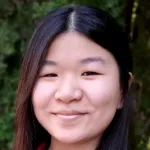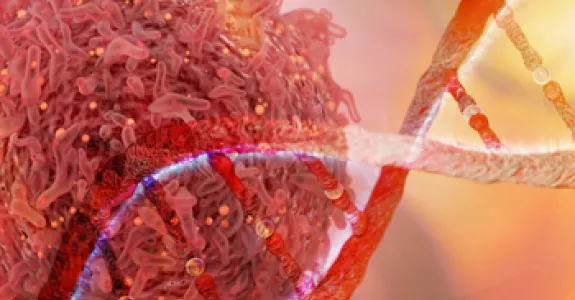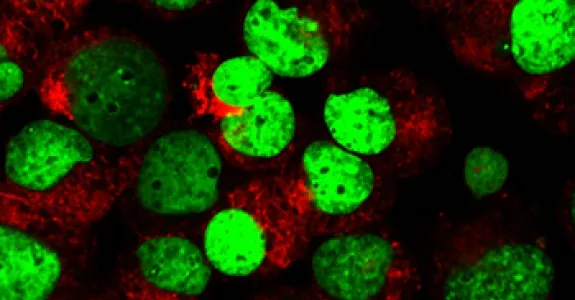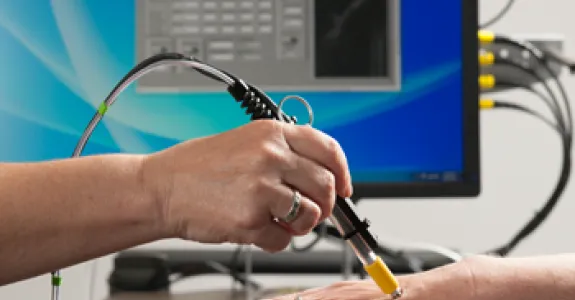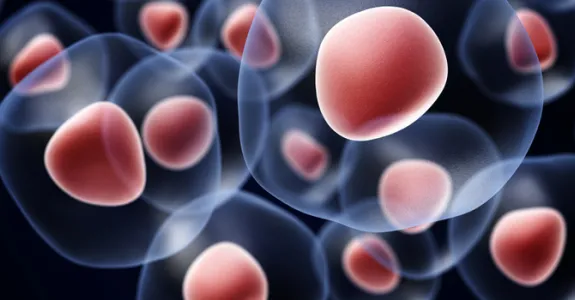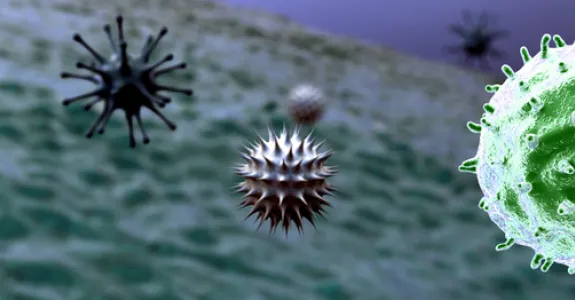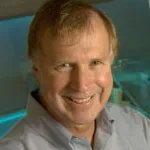
Dr. Michael F. Clarke is the Associate Director of the Stanford Institute for Stem Cell and Regenerative Medicine. In addition to his clinical duties in the division of Oncology, Dr. Clarke maintains a laboratory focused on two areas of research: i) the control of self-renewal of normal stem cells and their malignant counterparts; and ii) the identification and characterization of cancer stem cells. A central issue in stem cell biology is to understand the mechanisms that regulate self-renewal of hematopoietic stem cells, which are required for hematopoiesis to persist for the lifetime of the animal. Until recently, the molecular mechanisms that regulate adult stem cell self-renewal were not known. His laboratory recently found that the proto-oncogene Bmi-1 regulates stem cell self-renewal via an epigenetic mechanism. By investigating the pathways upstream and downstream of Bmi1, the laboratory is actively investigating the molecular pathways that regulate self-renewal. Recently his laboratory has found that USP16, a protein that dampens Bmi1 signals, causes a stem cell defect in various stem cells in Down’s syndrome, including neural stem cells.
Cancers arise as a result of a series of genetic mutations. A better understanding of the consequences of these mutations on the underlying biology of the neoplastic cells will help to focus the development of more effective therapies. Solid tumors such as breast cancers contain heterogeneous populations of neoplastic cells. Dr. Clarkes group has developed a technique that allows the isolation and characterization of tumorigenic and non-tumorigenic populations of cancer cells present in human breast, colon and head and neck cancer tumors. Only a small minority of cancer cells had the capacity to form new tumors in a xenograft model. This tumorigenic cell population could be identified prospectively and consistently had definable and identical phenotype. The tumorigenic cells displayed stem cell-like properties in that they were capable of generating new tumors containing additional stem cells as well as regenerating the phenotypically mixed populations of non-tumorigenic cells present in the original tumor. Effective treatment of cancer will require therapeutic strategies that are able to target and eliminate this tumorigenic subset of cells. The laboratory is pursuing the identification of cancer stem cells in other tumors so that they can be studied. Dr. Clarkes laboratory will provide other members of the program with the expertise to identify and isolate cancer stem cells from solid tumors of epithelial origin. Finally, the laboratory is actively pursuing how cancer stem cells self-renew to maintain themselves and escape the genetic constraints on unlimited self-renewal that regulate normal stem cell numbers. Differences in self-renewal pathways between normal and malignant stem cells could be targeted by new therapeutic agents to eliminate cancer stem cells.




